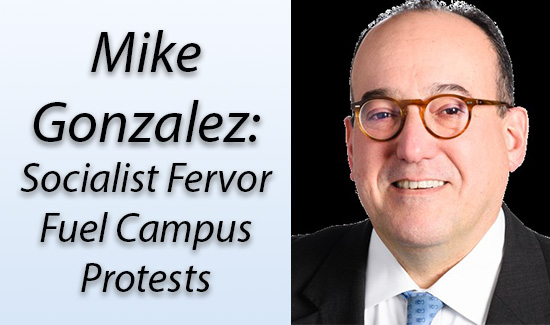(The Center Square) — Pennsylvania’s public higher education system received bipartisan praise when it didn’t raise tuition for a fifth year.
The General Assembly’s relationship with the commonwealth’s state-related universities, however, has been rockier as political disagreements and rising costs have made legislative Republicans more skeptical of the status quo.
While praise has flowed plenty for the Pennsylvania State System of Higher Education’s tuition freezes, funding for Penn State, Temple, and Lincoln Universities, and the University of Pittsburgh, has been on ice as House lawmakers question the 7% funding boost, worth $640 million.
Legislators aren’t satisfied with rubber-stamping university requests, Topper argued.
“Work with us. If you want to be a state-related, then let’s be a partner in this as opposed to us just being an ATM,” Topper said. “Every member has their different reasons for why they feel that way … but I think a lot of it has to do with transparency and this idea of, no matter how much we give, there always seems to be a tuition hike at the end of it.”
During budget hearings, university leaders all refused to commit to a tuition freeze, even if granted the extra support. University officials in previous budget talks argued that the public money keeps tuition low for Pennsylvania students.
Now, Republicans say they want to rework the relationship. Legislators have proposed requiring the state-related schools to provide more public information and salary details, as well as tying funding to metrics like graduation rates and post-graduation earnings.
Penn State announced it placed a temporary hold on general salary increases to redirect funding for students who rely on the in-state tuition discount until the budget impasse ends.
Topper emphasized that his focus was on students.
“We need to make sure that the universities that we’re choosing to support to send them to are offering something that’s of value,” he said.
With the traditional college-age population shrinking in Pennsylvania, more change — and tension — could be ahead.
“I think the whole system needs reformed — I think every president, chancellor, board of trustees, every provost, everyone at every one of our schools need to be re-evaluating how we do higher education because it’s not 1952 anymore,” Topper said. “ We have to start adapting to what the needs are of today and how that’s reflected in our system.”






